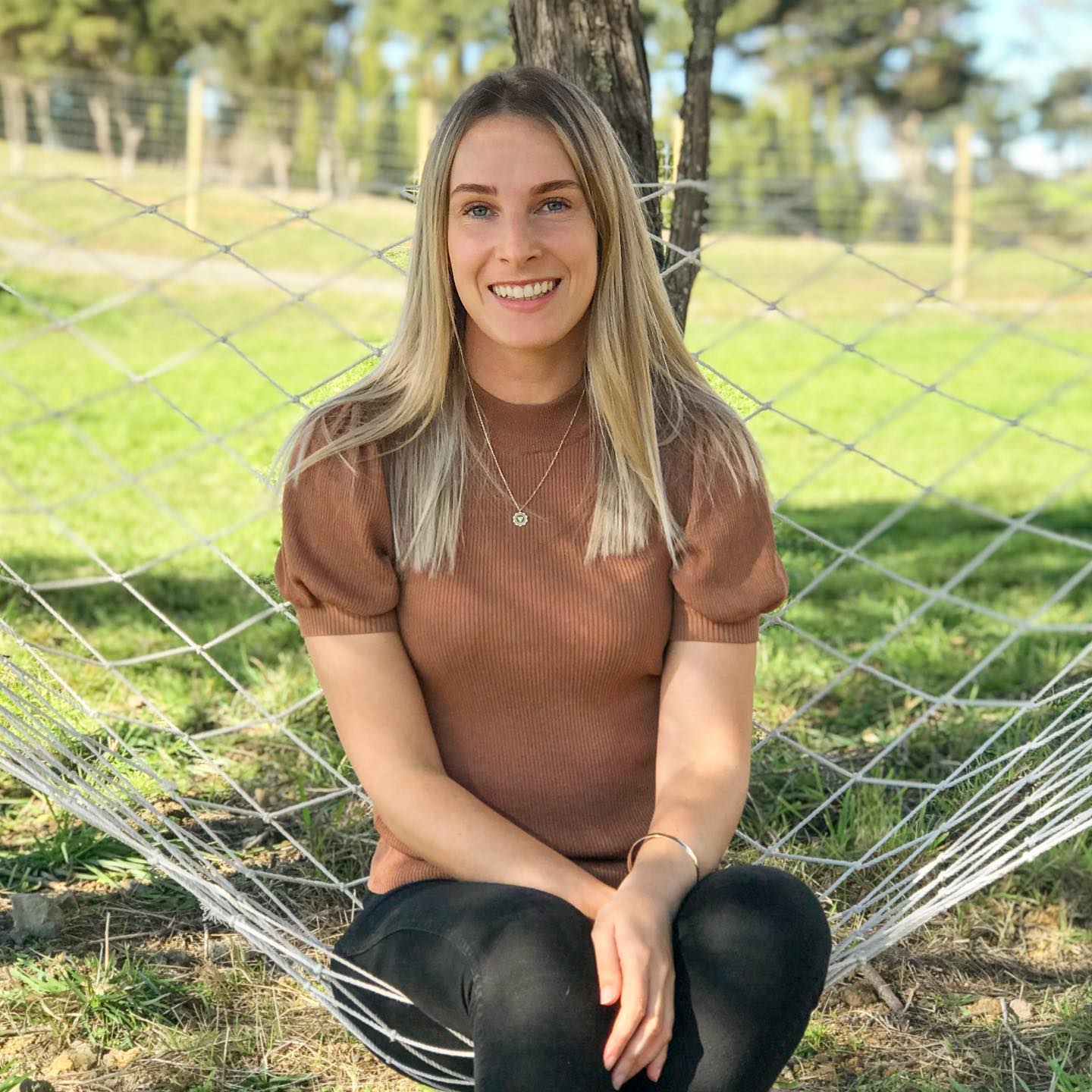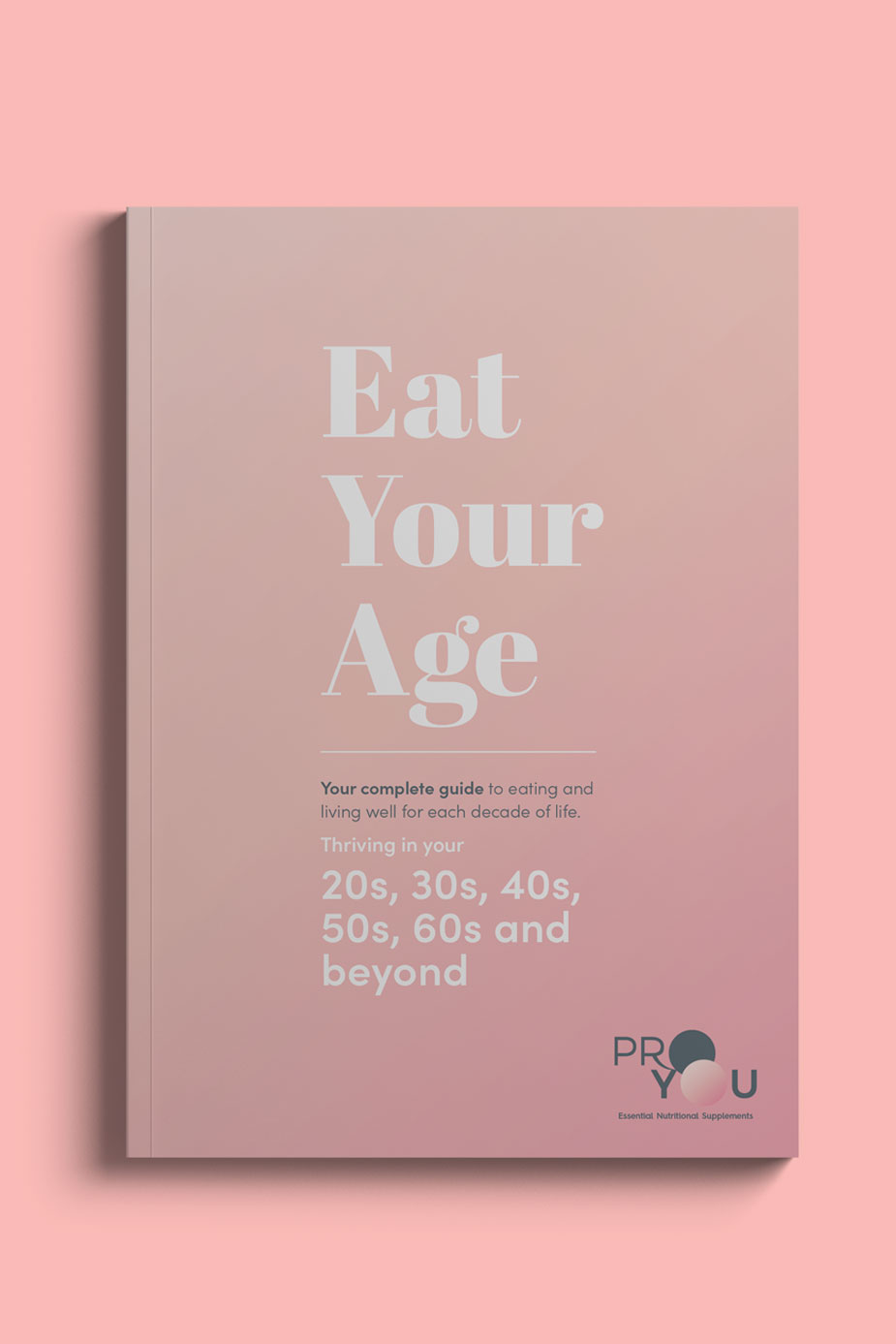Navigating the transition through to perimenopause and menopause.
Kristy Jordan is a qualified nutritionist with an additional degree in Sports Science. She works everyday with women helping them overcome their IBS and gut issues, stress, fatigue, sleep issues and hormone support through simple diet and lifestyle changes that are sustainable long term. On top of this, Kristy has a keen interest in helping women optimise their sporting and exercise by working with their bodies natural physiology. When she is not in the clinic you will find her outside surfing, hiking or hanging by the beach.
We asked Kristy what common concerns appear in clinic from women navigating the transition through to perimenopause and menopause. Kristy also reveals handy tricks and tips for easing the uncomfortable symptoms that can appear during this period of time. While a lot of women would like to push pause on menopause – it is a natural progression of life that we all will go through. Menopausal health has historically been kept under wraps, we feel it deserves to be spoken about loudly and proudly!
Here’s what Kristy had to say!

“Perimenopause can be a confusing time, there isn’t a ton of information out there and it definitely isn’t something that is talked about enough! This is a natural process that every woman will go through and eventually end up in menopause. There are many ways to support and nourish your body to make the transition from perimenopause through to menopause as smooth as possible”.
I commonly see women who have reached this stage of their life who are burnt out, sleeping terribly and are confused about the way they are feeling. Perimenopause can be a time of stress hormone overload, which in turn worsens the situation of fatigue, brain fog and poor sleep. As well as looking at what tasks can be taken off their plate, adaptogen herbs can be helpful to tone down all those stress hormones that are often running around.
Magnesium is also fantastic for helping to calm the nervous system and support a more restful sleep, it is also a fantastic mineral for many aspects of women’s health no matter what stage of your life you are at. Magnesium can support a range of processes from helping to calm the nervous system, supporting hormones and blood sugar the list really goes on.
Diet will also always play an important role in your health no matter what life stage you are in, as well as incorporating a diet rich in whole foods, as we age there is an increased need for dietary protein. This is especially important for both women moving through perimenopause and those who have reached the final stage of menopause, I always recommend starting the day with a good source of protein. Protein helps to support muscle mass, our muscle mass natural declines as we age and we want to keep as much of our muscle mass as possible to support health and body function moving forward. Protein also helps to keep you fuller for longer and supports better blood sugar control which is supportive during this transition.
These and many more tips and tricks can help to smooth out this transition into menopause and get away from the roller coaster ride of symptoms and emotions which is commonly seen as normal during these times. It doesn’t have to be that way!”
If you are currently struggling or looking for some guidance on how to be the best version of yourself during this period of your life, you can book a consultation with Kristy to chat about a personalised menopausal-relief path.
Kristy is a wealth of information. She provides tips, infographics and insights that’s easy to understand and implement into everyday life – you can discover more on her Instagram @nutritionbykristy.
Want to learn more about navigating health and wellbeing in every decade of our life?
Download ‘Eat Your Age’ – Your complete guide to eating and living well for each decade of life.








